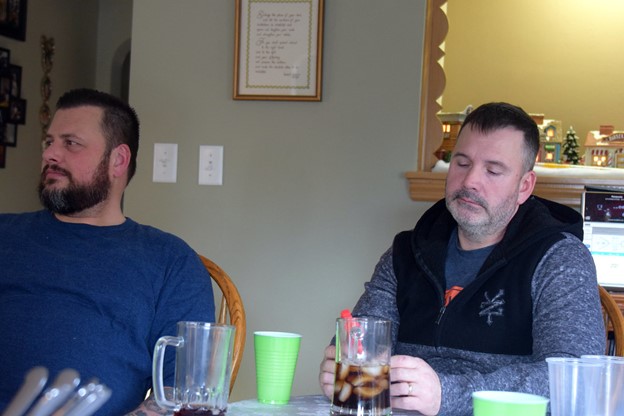Addicted to Each Other: No End in Sight
Sometimes my therapeutic endeavors are not successful. The following scenario is an example. A mom of identical twin men in their early thirties contacted me for help. Her sons were working to start a business together but were unable to stop fighting and screaming at one another. This was not the first time they had found themselves in the exact same situation. A few years prior, they shared a business that eventually failed due to pandemic-related circumstances. Nonetheless, even then, they quarreled incessantly, often to the point of intense verbal abuse that usually led to one twin storming out before the brothers could reach a resolution.
I met with them individually once and with both together in the remaining sessions—except when was one was too angry at the other to participate. They divided each other into distinct categories—Ben said he was the creative one and Bill was the financial whiz. While they did accept and acknowledge each other’s skill sets intellectually, their twin dynamic impeded productive collaboration. Bill repeatedly accused Ben of being lazy and stupid, and Ben described Bill as an undermining, narcissistic bully who never allowed Ben to prove himself.
The brothers had explosive confrontations both during and outside of therapy where they shouted over one another, each unwilling and unable to hear what the other had to say. After these bouts, they had some periods of calm where they seemed capable of finding common ground. However, these respites were short lived, and the next round of provocative combat soon resumed.
I asked why the twins continued to work together in the face of these behaviors. Ben related that they are addicted to each other, and neither intends to opt out of their business plan. They are likely addicted to an interaction pattern that involves aggression and conflict. Both get some reward from being mean and abusive to one another. The brothers attribute this dynamic to the caretaking behaviors they were forced to adopt in early adolescence when their parents divorced. Both felt bereft and abandoned; when left to their own devices, they became inordinately codependent and enraged.
I saw little point in continuing the sessions because I could not make any progress toward helping them understand or change their habits. This entrenched pattern will probably continue—or eventually combust. Counseling twin pairs has a more optimistic outcome when both parties seek harmonious reconciliation.
Image courtesy of Tony Alter (CC BY 2.0)



My experience is very similar. However if the twins can understand that they are stuck at a certain stage – often at two! progress can be made. I often ask is it the two year old speaking or the grown mam/woman!